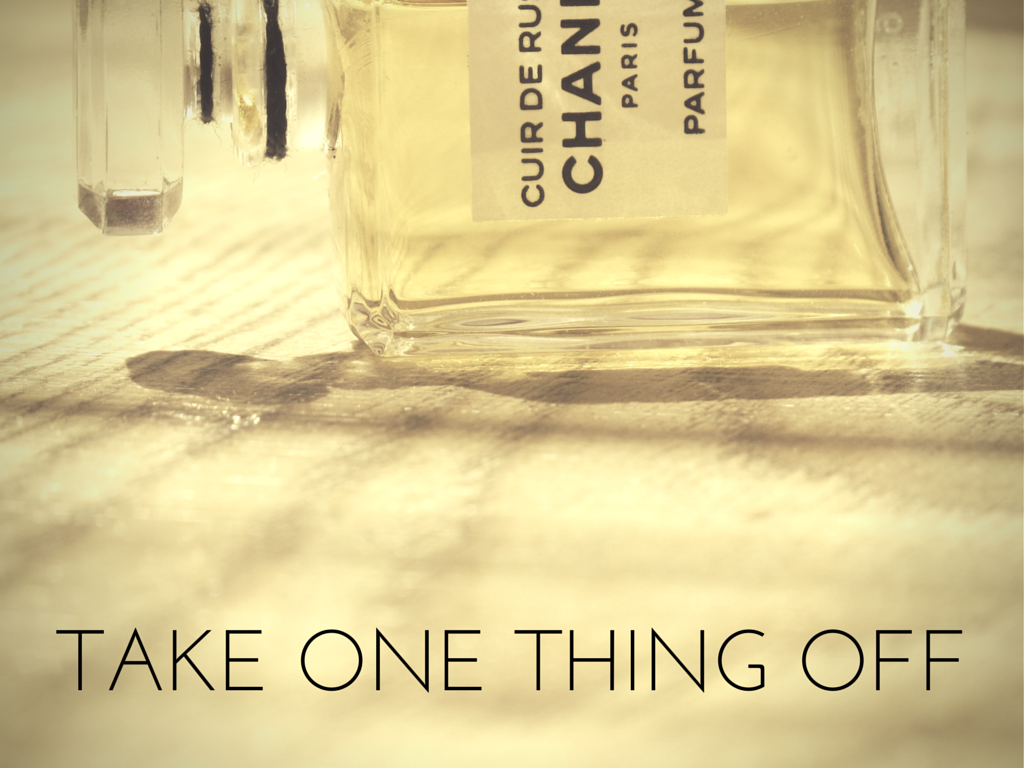When I wrote a review of Peety by O’Driu a few years ago, I struggled to put into words a certain accord that I noticed in the sort of neo-retro (is that even a word?) Italian perfumery espoused by ateliers like O’Driu itself, and Bogue. The word I used was Ricola drops, which are those funny herbal cough sweets you buy at the counter of any bar or corner shop in Italy, the ones that taste of honey mixed with anise, licorice, and a whole kitchen garden’s worth of herbs.
Both O’Driu and Bogue feature a sort of Ricola-ade in their perfumes. Part of this –ade involves twisting herbs and citrus fruits into strange, medicinal shapes so that they don’t smell like freshly-picked things. Rather, they smell preserved, as if captured in tins of sealant wax and salve, stacked to the ceiling in ancient apothecaries, waiting to be applied to the knee of a protesting child by an insistent Nonna.
Balkan people are very like the Italians when it comes to these old herbal salves and remedies; I asked my husband, who is from the Balkans, to smell Noun and he immediately said “Melem”, which is a traditional lanolin-based wax used in the Balkans for everything from cuts to chafed nipples. The smell is intensely medicinal, yet oddly comforting.
What I smell in Noun is not really what’s listed, but then, perfumes like this are not precise – they are alchemic, and seem to warp into different things on different skins. At first, I smell lots of pungent lavender, urinous sage, pepper, and a clove note that’s so spicy it smells almost sweaty or savory, like onions softened in butter.
There’s a streak of sourness here too, which is something of a signature in Bogue perfumes. It’s not the fresh kind of sourness one associates with mandarin, bergamot, petitgrain, or yuzu, but a dirty, darkened vibe, like citrus peel left to slowly ferment in a barrel of water. There is also the faintly metallic sourness of clothes that have been rained upon and are now starting to dry out under the sun, the minerals of the water mixing with clean, honest sweat that has yet to turn to something more pungent and cuminy. A sort of “clothes folded away damp” accord.
If you’re familiar with or like fragrances such as Eau d’Hermes (Hermes) or Eau Absolue (Mona di Orio), then I think that Antonio Gardoni has done something similar here, which is to say rendering the crisp freshness of citrus and herbs into something dark, leathery, and a bit dirty. Of course, now imagine all of that captured in the fatty, waxy texture of a medicinal unguent, and that’s the gist of Noun.
Noun turns slightly more floral, muskier, and sweeter as time goes on. A strange but wonderful thing happens midway through, when the citrus fruit makes a run for it, freeing itself from the dark stickiness of the opening, and emerging clear, bright, and almost true to the original fruit. I smell, in particular, the pink grapefruit-like tones of yuzu and what smells very much like those innocent orange blossom waters that the French sprinkle into their children’s baths in the South of France. My husband smelled lots of jasmine and rose; I smell only the flowers more related to the citrus tree, namely orange blossom, neroli, and petitgrain.
The Luckyscent description for Noun emphasizes the patchouli and benzoin elements to Noun; that’s slightly misleading, in my opinion. Don’t order a sample of Noun thinking that this is a huge patch or an oriental beast, because it’s not. The patchouli is evident to me only in the drydown, where it takes the form of a dark brown, unsweetened dust – but it never takes over. It is simply a matte backdrop against which the herbs and flowers dance. I don’t dispute that benzoin forms a large part of the composition, but I can’t smell it, and the scent does not have the warmly balsamic, resinous (almost candied) feel of most benzoin-heavy fragrances.
In fact, what I smell in the drydown of Noun is mostly a rich mélange of dusty old woods, like the inside of the backroom of one of those traditional apothecaries, complete with generations of old wooden dressers and shelves that nobody can bring themselves to throw away. It has the same old wood feel and “decaying varnish” smell of some oud oils I’ve smelled, and here I am thinking of the pleasing dustiness of aged ouds in particular, as well as the cheaper saffron-oud blends that smell wonderfully of wooden furniture breaking down over time and sending microbial spores out into the air.
Needless to say, Noun won’t be to everyone’s liking. I’m not sure that it’s entirely to mine, given that I find the almost meaty savory-sourness of the herbal opening difficult to process. But it is simpler and more accessible than something like Mem, for example, easier to read, especially if you peg the medicinal ointment vibe for what it is right from the start. Mem is more complex, but its complexity might be part of why it’s a difficult perfume for some. Noun reminds me more of earlier Bogue efforts, like Cologne Reloaded or even Aeon 001. If you like the Italian apothecary style of O’Driu and Bogue, the medicinal salve-like fragrances of early Diptyque such as L’Eau or Eau Lente, or even the dirty-citrus old school monsters like Eau d’Hermes, then give Noun a try.





